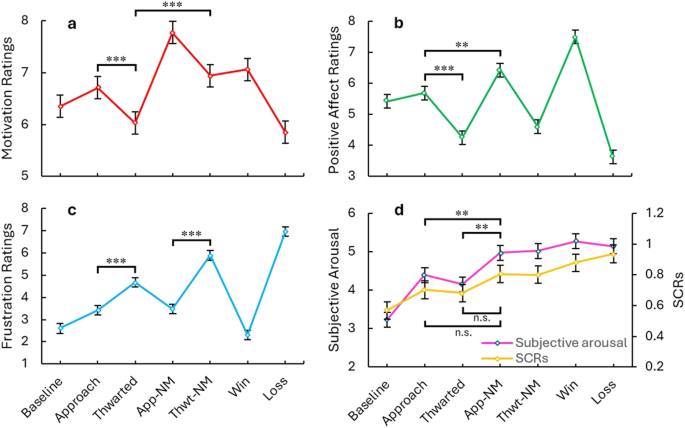Researchers have uncovered fascinating insights into how the popular game Wordle can shed light on human psychology and motivation. By analyzing players’ reactions to different outcomes in the game, the study reveals how goal gradients and near-misses can significantly impact our emotions and drive to keep playing. These findings have broader implications for understanding player behavior in other goal-oriented activities, including gambling. Get ready to dive into the psychology of Wordle and discover what it can teach us about the intriguing interplay between our goals, emotions, and motivation.

Chasing the Perfect Word: The Psychology of Wordle
If you’ve ever found yourself frantically guessing five-letter words, eagerly awaiting the color-coded feedback that brings you closer (or further) to the elusive solution, then you’ve experienced the captivating world of Wordle. But what is it about this simple game that has captivated millions of players worldwide? The answer lies in the fascinating interplay between our goals, emotions, and motivation – a subject that a team of researchers from the University of Waterloo set out to explore.
Unlocking the Power of Goal Gradients
According to the researchers, Wordle provides a unique opportunity to study the effects of goal gradients and near-misses on player behavior. As individuals approach a desired goal, they tend to experience increased motivation and positive emotions. Conversely, when their goal pursuit is thwarted, frustration and negative feelings often arise.
The researchers found that when players received feedback indicating they were getting closer to the target word, their positive affect and motivation significantly increased compared to when they were thwarted in their goal. Interestingly, the first appearance of a near-miss (a guess that’s only one letter away from the solution) led to an even greater boost in motivation and positive affect, and less frustration, than if the next guess revealed the same four correct letters (a “thwarted” near-miss).

The Intriguing Role of Near-Misses
The researchers also discovered that near-misses, whether “approaching” or “thwarted,” were significantly more subjectively arousing for players than regular approach or thwarted outcomes. This finding echoes previous research on slot machines, where near-misses have been shown to trigger high levels of physiological arousal.
However, the researchers found an intriguing twist: in the context of Wordle, approach near-misses actually triggered higher positive affect than regular approach or thwarted outcomes. This stands in contrast to the frustration typically associated with near-misses in slot machine research.
Implications for Understanding Player Motivation
These findings have important implications for understanding player motivation and behavior, not just in Wordle, but in other goal-oriented activities as well. The researchers suggest that the way players react to near-misses may depend more on whether they perceive themselves as approaching or being thwarted in their goal, rather than how objectively close they are to achieving it.
This insight could shed light on the erroneous cognitions of some slot machine players who mistakenly believe that near-misses are a sign of an impending win. The researchers found that these players, like Wordle players experiencing approach near-misses, may actually interpret near-misses as rewarding rather than frustrating, potentially leading to longer and more problematic gambling behavior.
Uncovering the Psychology of Motivation
The study of Wordle has not only illuminated the psychology of goal-oriented activities, but it has also revealed important nuances in the relationship between our emotions, motivation, and proximity to a desired goal. By understanding these dynamics, researchers can better understand and potentially mitigate some of the problematic behaviors associated with activities like gambling.
So the next time you find yourself consumed by the thrill of guessing the perfect Wordle word, remember that you’re not just exercising your vocabulary – you’re also revealing the fascinating inner workings of the human mind.
Author credit: This article is based on research by Mike J. Dixon, Brittany S. Gunpat, Isabelle A. Boucher, Monica Tsang, Sara Ahmed, Greg Shaikevich, Isha Dhode, Joshua Leung, Tyler B. Kruger.
For More Related Articles Click Here
